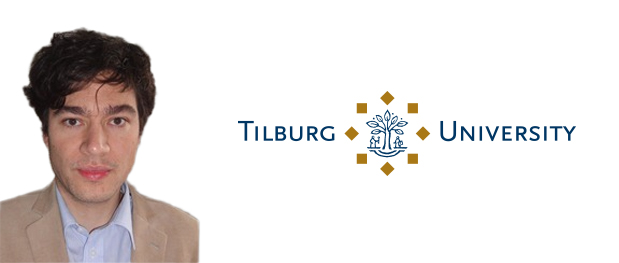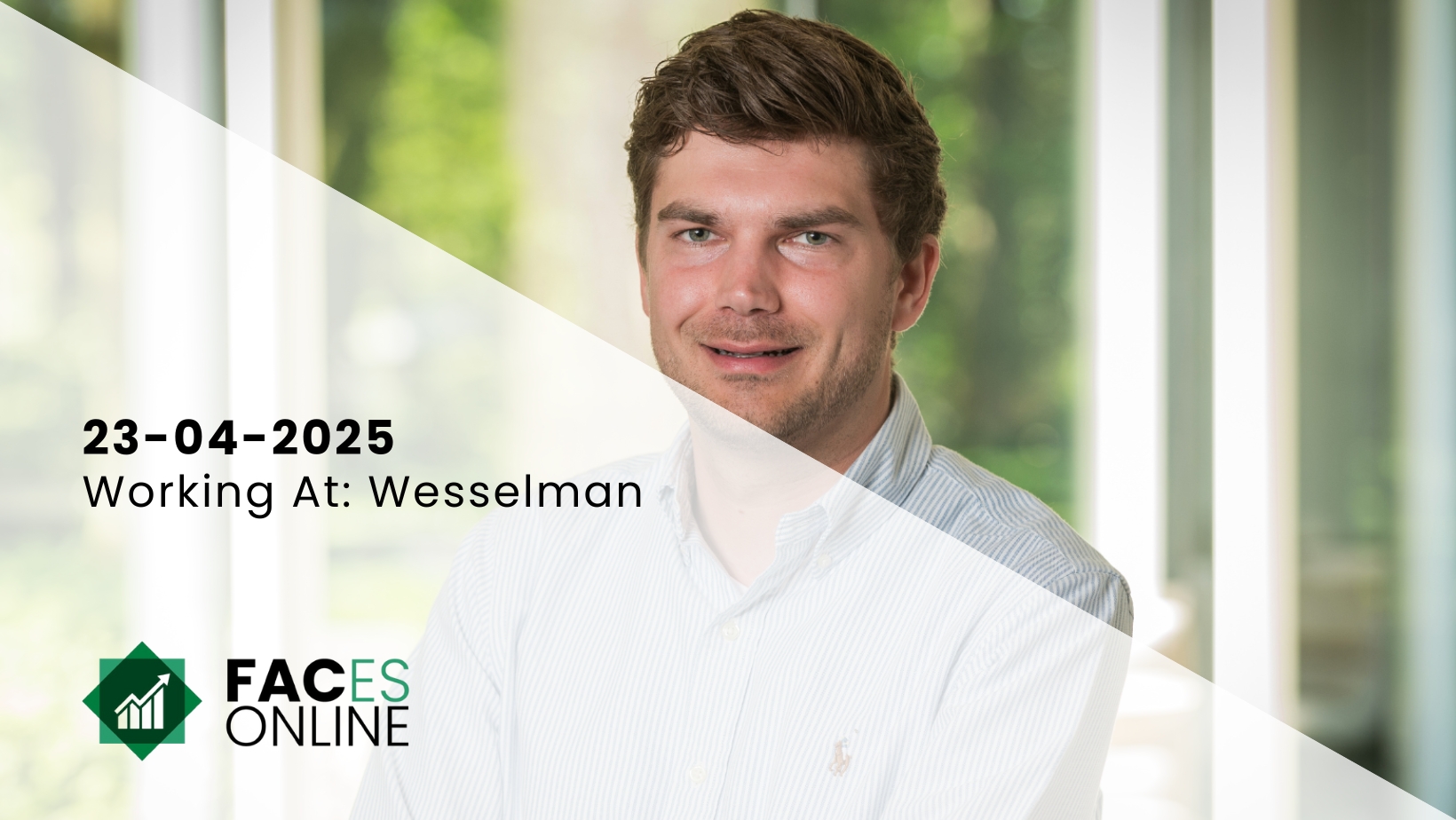In the last years students have criticized the academic economic curriculum. One example is the Post-Crash Economics Society, founded by students of the University of Manchester. Criticism is directed at the “mathiness” of economics, the lack of pluriformity and the absence of real-world relevance. The criticism is fully justified. In particular the proliferation of mathematical models in economics and finance has by now become a problem instead of a solution.
The economics curriculum –including finance- contains much mathematics –both theoretical mathematical models and empirical econometric models. By now the point has been reached that the best preparation for a research master economics is a bachelor mathematics or physics. This absurd situation cannot be found in any other scientific field (and I doubt it would be accepted for long).
The merit of theoretical mathematical models –to concentrate on that- is that it forces internal consistency. For whatever theory one propagates, different parts of it have to fit in the same model and thus be consistent. This is certainly a merit –and economists should be proud of it-, but it comes at the direct cost of lack of external validity. There is thus a trade-off and as in any trade-off one should not push one of the sides to far.
For models –even the seemingly complex- are only solvable if many aspects are ignored (or as it is called, are assumed exogenous). As an example, CAPM assumes –among other things- that there are no asset bubbles. Asset bubbles however do exist, as the dot-com and housing bubble made abundantly clear. Bubbles are caused by herd behaviour, animal spirits, marketing, media cheerleading and other social-psychological treats excluded in the model. And looked at from another angle, asset bubbles are just a form of inflation and that in turn provides a link with monetary policy. If the ECB floods banks with cheap credit, as it has been doing for years, bond prices decrease and share prices increase. Some central bank are run by former investment bankers. This gives a political link via –as economist Willem Buiter calls it- regulatory capture. Are central banks not captured by special interests? In any case investment banks have a clear interest in raising asset prices.
All these psychological, political and economic perspectives cannot be put into one model. One can of course build partial models that address one of the aspects mentioned (assuming the other aspects fixed), but a model that contains all elements is out of the question. This is different with natural language. One can relate all aspects (I just did), though admittedly at the cost of being less precise (or maybe even inconsistent). For example, how to differentiate asset inflation from a booming economy, or an independent bank from regulatory capture? And what do concepts like bubbles and regulatory capture really mean in the absence of (mathematical) definitions? That suggests that models are indeed helpful. They should in my view however not dominate the scene. But even if one disagrees and feels that mathematics should be as dominant as it is, one should reflect on why that should be the case.
But even reflection on the trade-off between mathematics and natural language and between internal consistency and external validity is absent in the economics and finance curriculum. And that is the really worrying thing, for reflecting on one’s own assumptions, predispositions and prejudices is what makes science scientific.
















